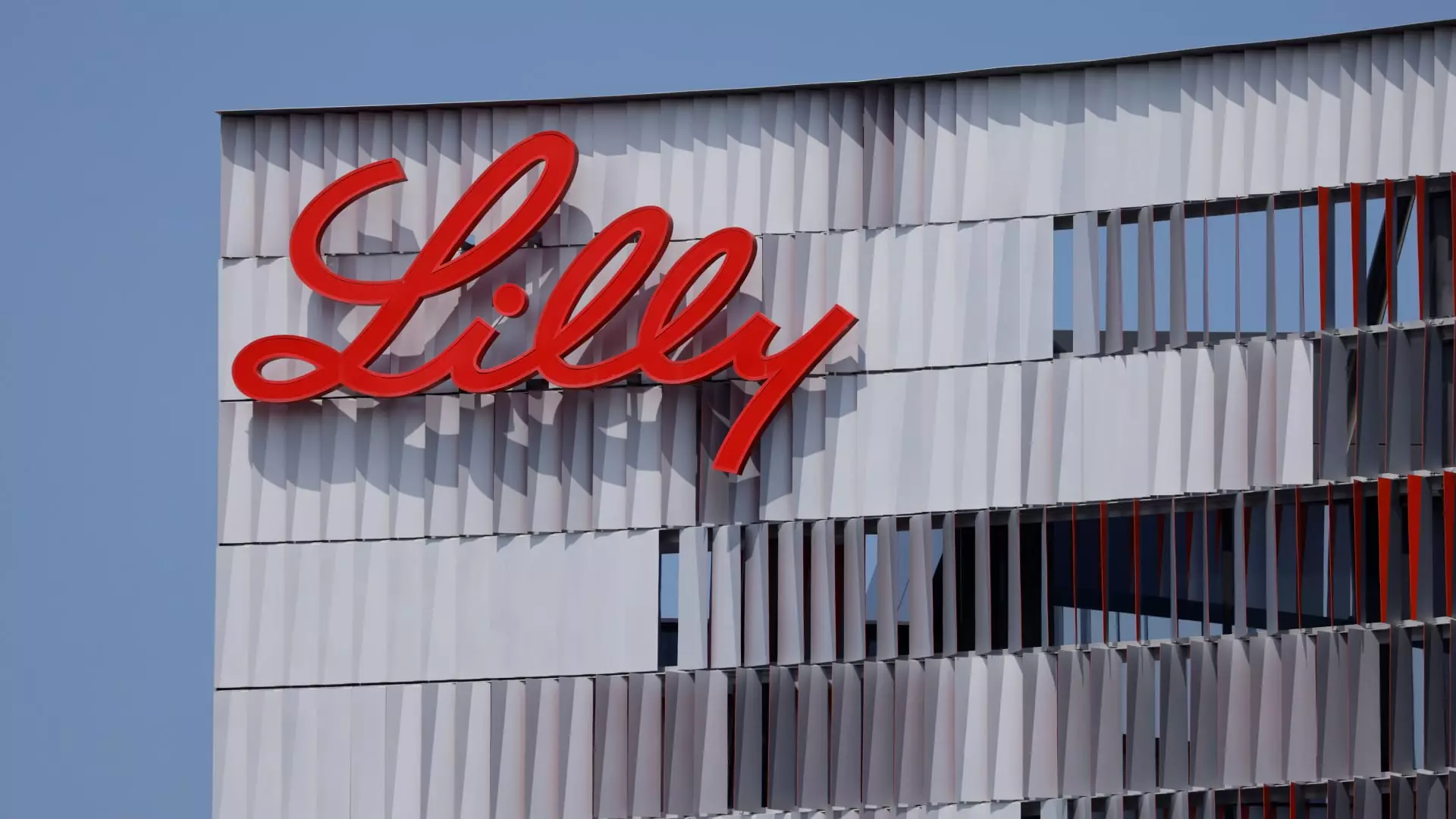Eli Lilly recently released its second-quarter earnings report, shocking investors by surpassing expectations. The company saw a significant increase in revenue due to the soaring sales of their blockbuster drugs, Mounjaro and Zepbound. This revenue surge has led to Eli Lilly revising their yearly revenue forecast by an astounding $3 billion, a move that has excited the market and caused their stock price to skyrocket.
One of the key factors contributing to Eli Lilly’s success is the overwhelming demand for their diabetes and weight loss drugs. The company has been grappling with supply issues as the demand far outstrips supply for drugs like Mounjaro and Zepbound. To address these shortages, Eli Lilly has invested heavily in boosting their manufacturing capabilities. Fortunately, the Food and Drug Administration’s database now shows that all doses of Zepbound and Mounjaro are available in the U.S. after extended shortages, offering some relief to the company.
Eli Lilly’s CEO, David Ricks, revealed that the company has been working tirelessly to expand its production capacity to meet the escalating demand for their drugs. They have built six new manufacturing plants and are in the process of ramping up production to ensure a steady supply of their products. Additionally, Ricks mentioned that Eli Lilly is also focused on developing more convenient weight-loss pills to cater to the growing market need.
When comparing Eli Lilly’s second-quarter results with Wall Street’s expectations, the company exceeded forecasts by a wide margin. Their adjusted earnings per share came in at $3.92, significantly higher than the estimated $2.60. Moreover, Eli Lilly reported revenue of $11.30 billion for the quarter, reflecting a 36% increase from the previous year. This exceptional financial performance has bolstered investor confidence and propelled the company’s stock price upward.
The success of Eli Lilly’s second quarter can largely be attributed to the robust sales performance of Mounjaro and Zepbound. Zepbound, in its second full quarter on the market, generated $1.24 billion in sales, surpassing analysts’ expectations. Similarly, Mounjaro saw a substantial increase in revenue, raking in $3.09 billion for the quarter. Despite the higher prices of Mounjaro in the U.S., the company remains optimistic about its sales performance in the upcoming quarters.
Eli Lilly executives have emphasized that pricing for their incretin drugs has remained stable throughout the second quarter. They anticipate continued pricing stability across quarters with no significant deviations. This differs from their competitor, Novo Nordisk, who faced challenges with pricing pressure impacting their sales performance. Eli Lilly’s consistent pricing strategy has been well received by investors and analysts, contributing to their overall positive financial outlook.
With Eli Lilly’s stock price surging over 30% this year and nearly 60% in 2023, investors are increasingly optimistic about the company’s future growth prospects. The high demand for their weight loss and diabetes drugs has not only driven financial success but has also generated interest in their potential applications for treating other health conditions. With a strong financial foundation and a focus on innovation, Eli Lilly appears well-positioned for continued growth and success in the pharmaceutical industry.

